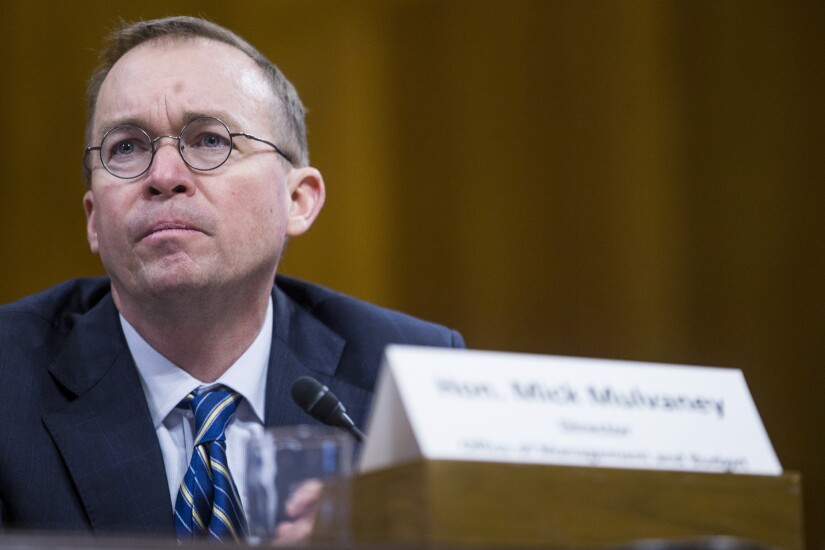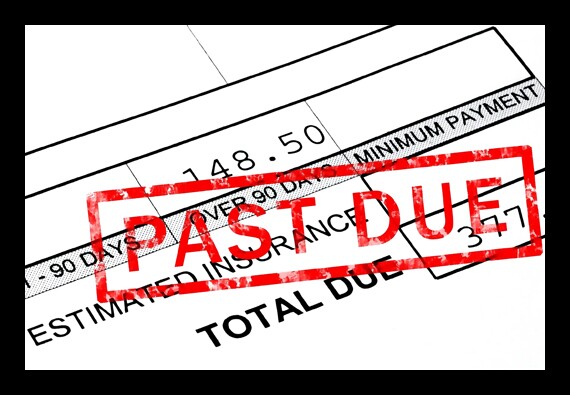Acting Consumer Financial Protection Bureau Director Mick Mulvaney has overhauled the agency’s
Notably, Mulvaney also apparently scrapped plans to extend CFPB supervision to a wider group of nonbanks, such as large marketplace lenders.
The changes are yet another boon for corporations as Mulvaney seeks to reshape the agency.
"The bureau is considerably narrowing its footprint in the market," said Isaac Boltansky, director of policy research at Compass Point Research & Trading.
Following is a summary of where the CFPB is changing gears.
Long-term shift
The CFPB's agenda no longer includes any reference to a rulemaking for overdraft programs on checking accounts, student loan servicing or so-called “larger participants.”
Banks had preemptively opposed further efforts to crack down on overdraft programs, arguing that rules that took effect in 2010 which required customers to opt in to such programs had proven effective. But former CFPB Director Richard Cordray had continued to sound the alarm on overdraft, suggesting that customers weren’t necessarily aware of the risks involved.
That the agenda makes no mention of overdraft is a concrete sign Mulvaney is not interested in pursuing that course, which many had expected given his desire to ease regulations.
The CFPB also dropped mention of any reference to oversight of the $1.3 trillion student loan servicing industry. Mulvaney last week also
Taken together, the moves show the CFPB is not likely to engage in rule writing or significant supervision of that area.
Finally, the CFPB dropped plans to release a larger participant rule to give it oversight of large installment lending firms, including marketplace lenders which are not directly subject to any federal supervision for consumer protection.
The move leaves the firms grappling with state-by-state regulation, but saves a potential headache from a federal regulator that might have sought to restrict such firms.
"CFPB supervision would have exposed [marketplace lenders] to potential greater liability for their compliance with federal disclosure and substantive laws, like the [Truth in Lending Act] and fair lending, and compliance costs in connection with gearing up for CFPB supervision," said Richard Horn, a former CFPB official and now principal at the law firm Garris Horn.










